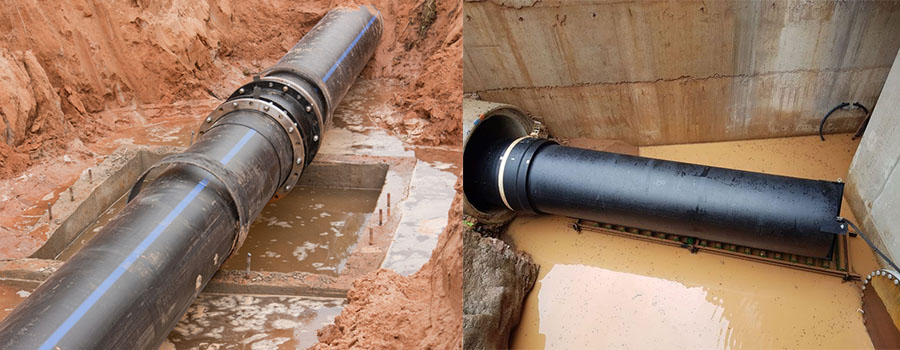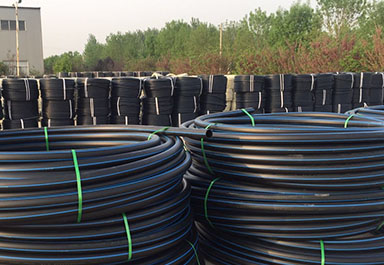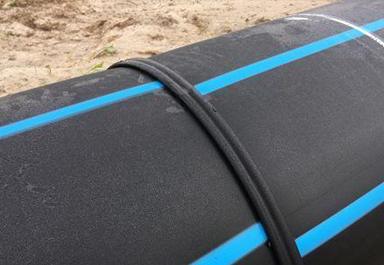28
Nov
Exploration HDPE Pipe: Chemical Corrosion Resistance
High-Density Polyethylene (HDPE) pipes have increasingly become crucial in various industrial applications due to their exceptional chemical corrosion resistance. This article delves into the properties of HDPE pipes that contribute to this resistance, outlining their applications in sectors that benefit from these characteristics.
Inherent Chemical Resistance of HDPE Pipes
HDPE pipes are renowned for their resilience against a broad spectrum of chemicals. This resistance is inherent to the material’s structure, a result of its high-density polymer composition. HDPE is less reactive to chemicals due to its minimal polarity and saturated hydrocarbon structure, which makes it impermeable and resistant to corrosive substances.
[Table: Comparison of Chemical Resistance – HDPE vs. Other Pipe Materials]
| Material | Acids | Bases | Salts | Organic Solvents | Oxidizing Agents |
| HDPE | Excellent | Excellent | Excellent | Variable | Good |
| PVC | Good | Good | Good | Poor | Poor |
| Steel | Poor | Poor | Moderate | Good | Very Poor |
| Copper | Moderate | Moderate | Good | Moderate | Poor |
| Concrete | Poor | Poor | Poor | Not Applicable | Very Poor |
Impact of Chemical Resistance on Pipe Longevity
The chemical inertness of HDPE ensures a longer lifespan for pipes, even in harsh environments. This durability is particularly significant in industries where exposure to aggressive substances is commonplace. Reduced maintenance and replacement costs are direct economic benefits stemming from this durability.
Applications in Diverse Industries
The exceptional chemical resistance of HDPE pipes makes them suitable for a wide range of applications:
- Wastewater Treatment: In sewage treatment plants, pipes are regularly exposed to a variety of chemicals. HDPE pipes resist corrosion from these substances, ensuring reliable sewage transport and treatment processes.
- Mining Operations: The mining industry often involves the transport of corrosive materials. HDPE pipes withstand these conditions, providing a safe and durable solution for slurry and chemical transportation.
- Chemical Processing Plants: In environments where acidic or alkaline substances are prevalent, HDPE pipes maintain integrity, avoiding the risk of leaks and contamination.
- Agricultural Applications: For irrigation systems involving fertilizers and pesticides, HDPE pipes offer a corrosion-resistant solution, ensuring the safe delivery of water and chemicals to crops.

Comparative Advantage Over Other Materials
HDPE pipes offer advantages over traditional materials like steel or concrete. These include lighter weight, ease of installation, and lower overall costs when considering lifespan and maintenance.
[Table: Cost Comparison Over 30 Years – HDPE vs. Steel Pipes]
| Cost Type | HDPE Pipes | Steel Pipes |
| Initial Installation | $100,000 | $150,000 |
| Maintenance (30 years) | $30,000 | $100,000 |
| Operational | $10,000 | $20,000 |
| End-of-Life | $5,000 | $25,000 |
| Total Cost | $145,000 | $295,000 |
Innovation and Environmental Sustainability
Advancements in HDPE technology continue to enhance its chemical resistance capabilities. Additionally, HDPE’s recyclability aligns with environmental sustainability goals, making it a preferred choice in eco-conscious industries.
HDPE pipes, with their robust chemical corrosion resistance, provide a versatile and cost-effective solution across various industries. Their ability to withstand harsh chemical environments not only extends their service life but also offers an environmentally sustainable option. As industries continue to seek efficient and durable materials, HDPE’s role is likely to expand further.





